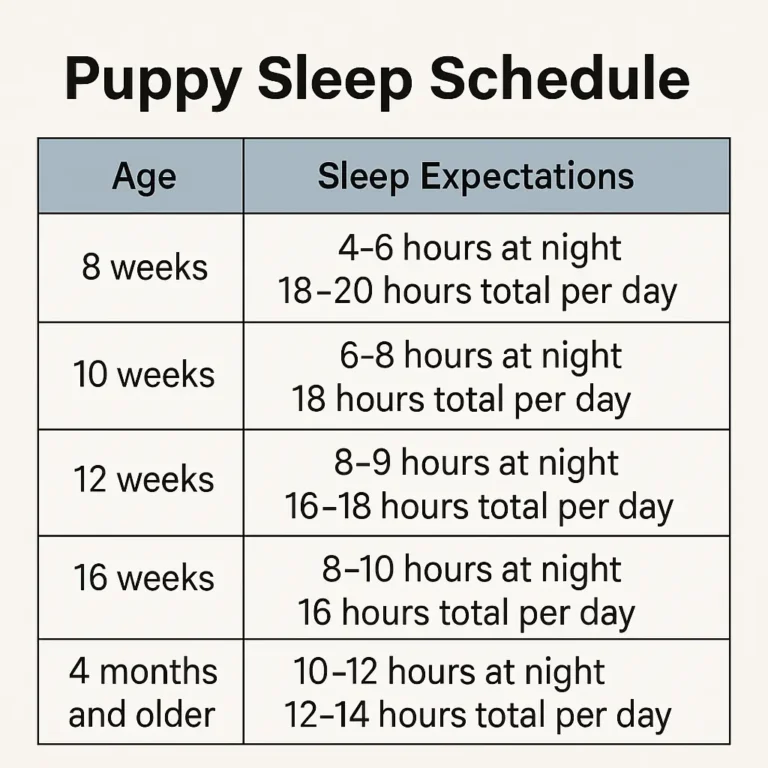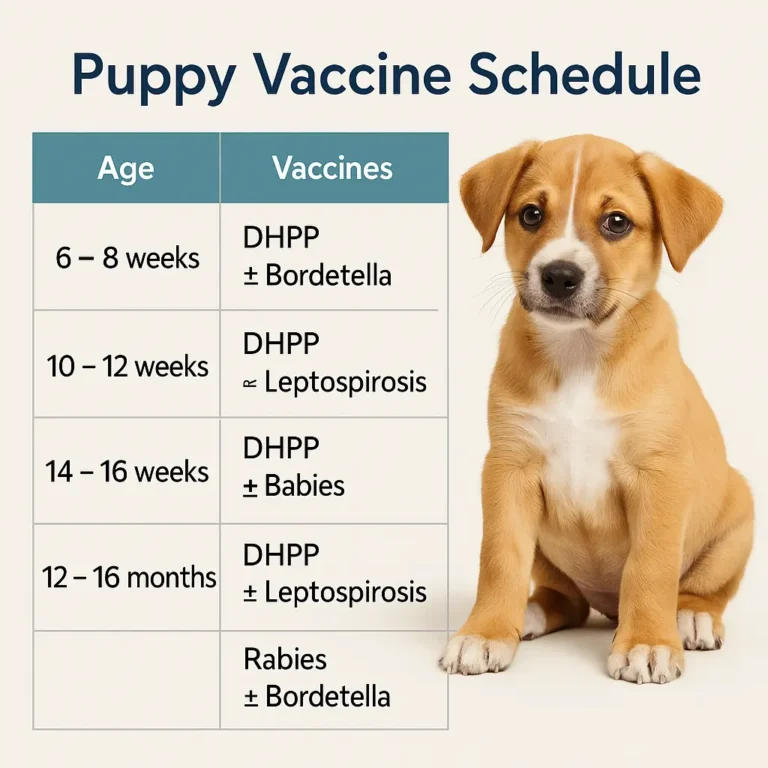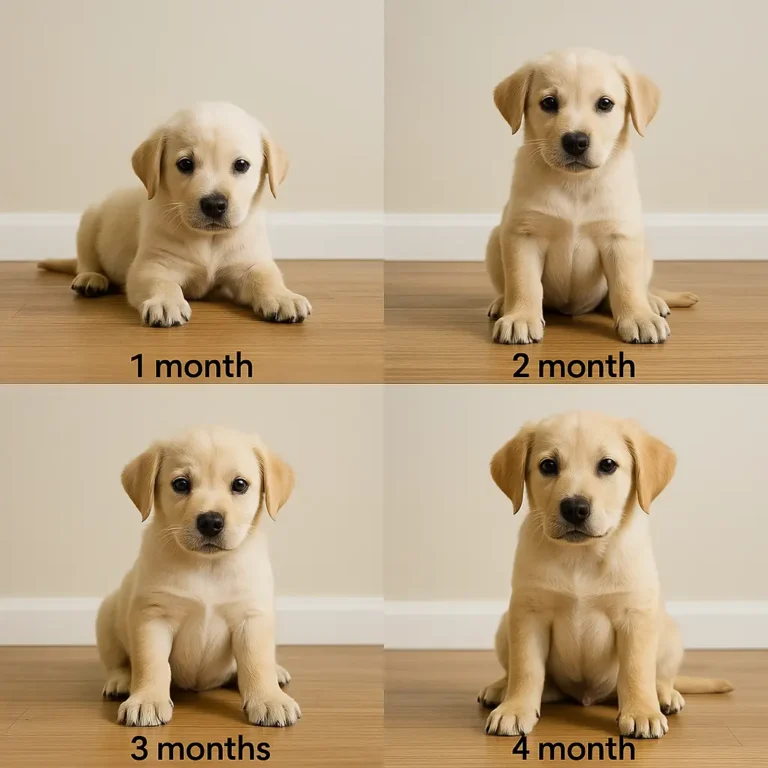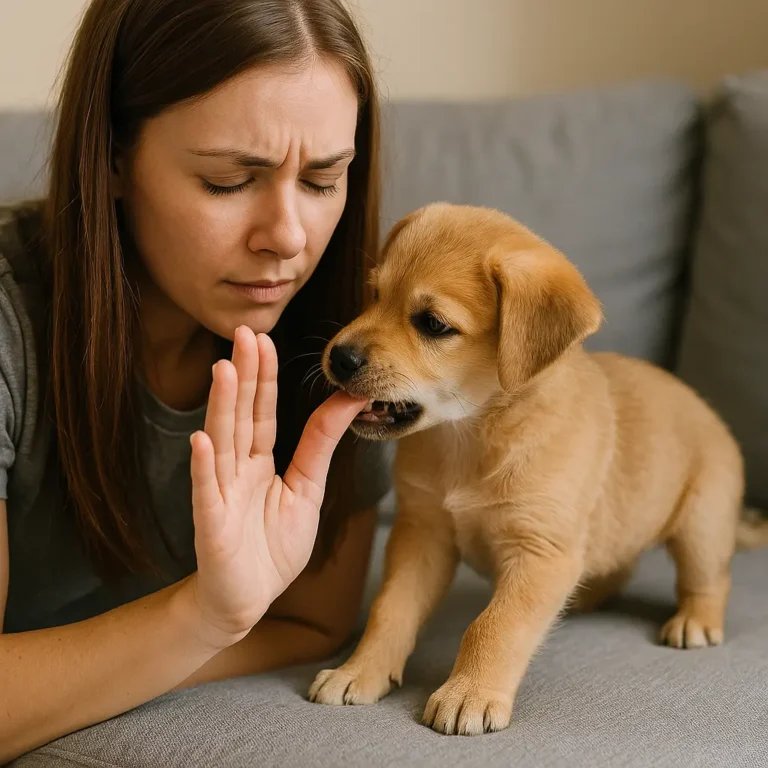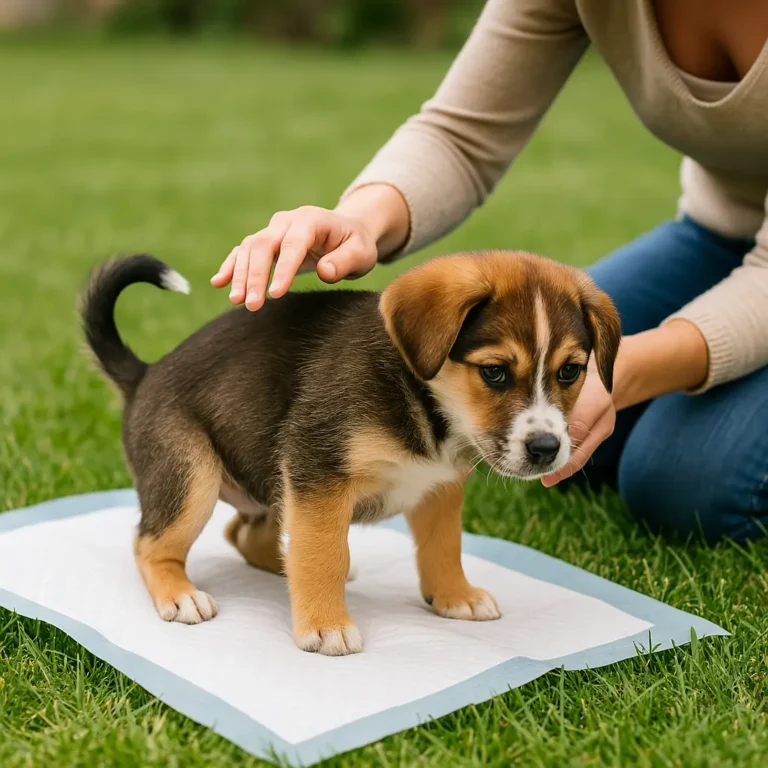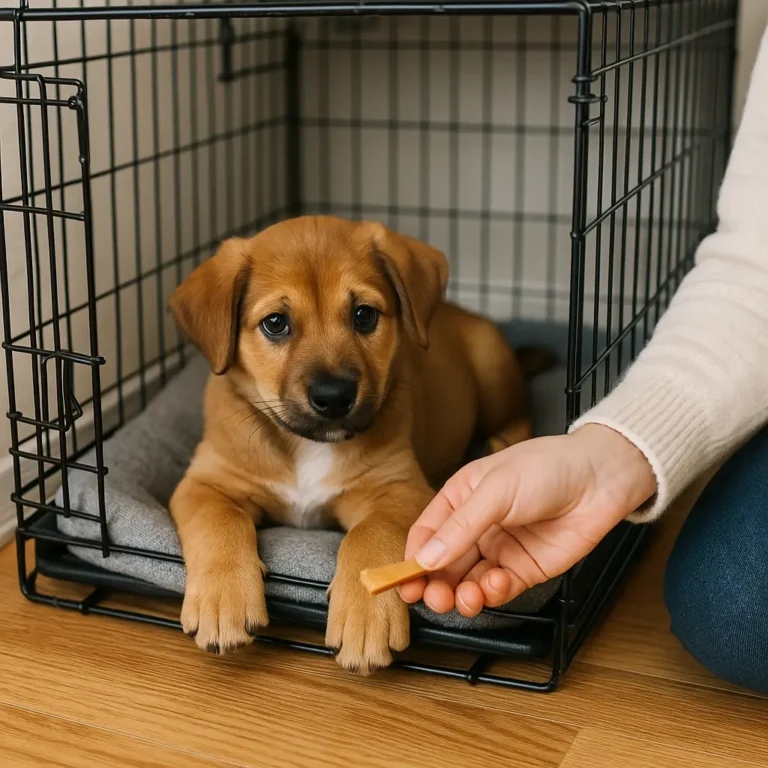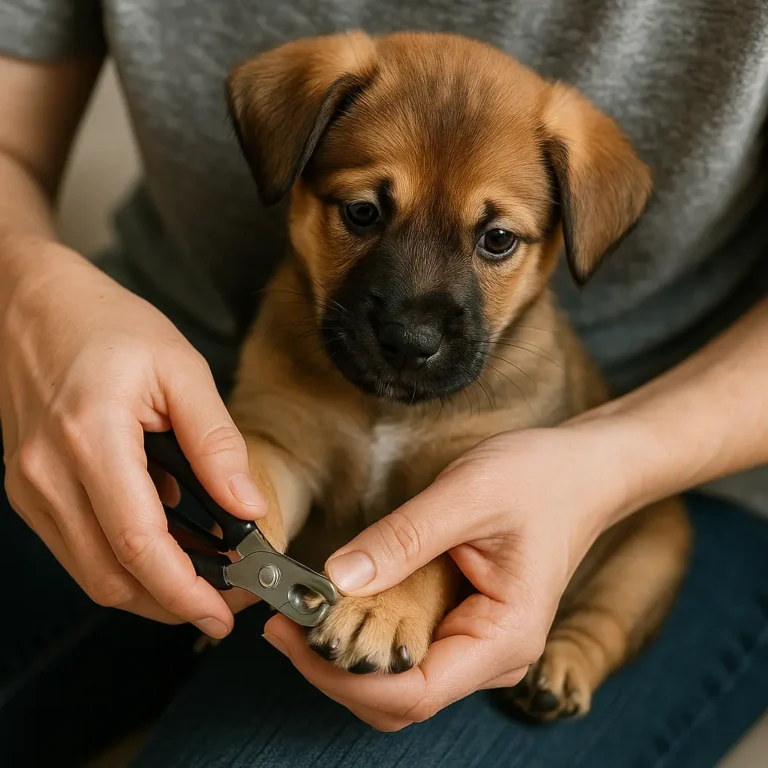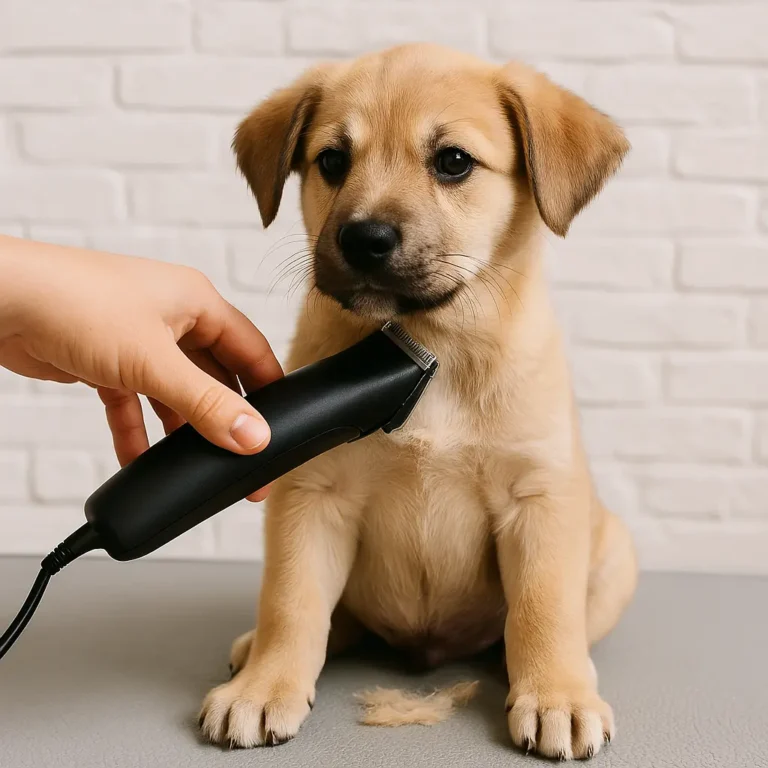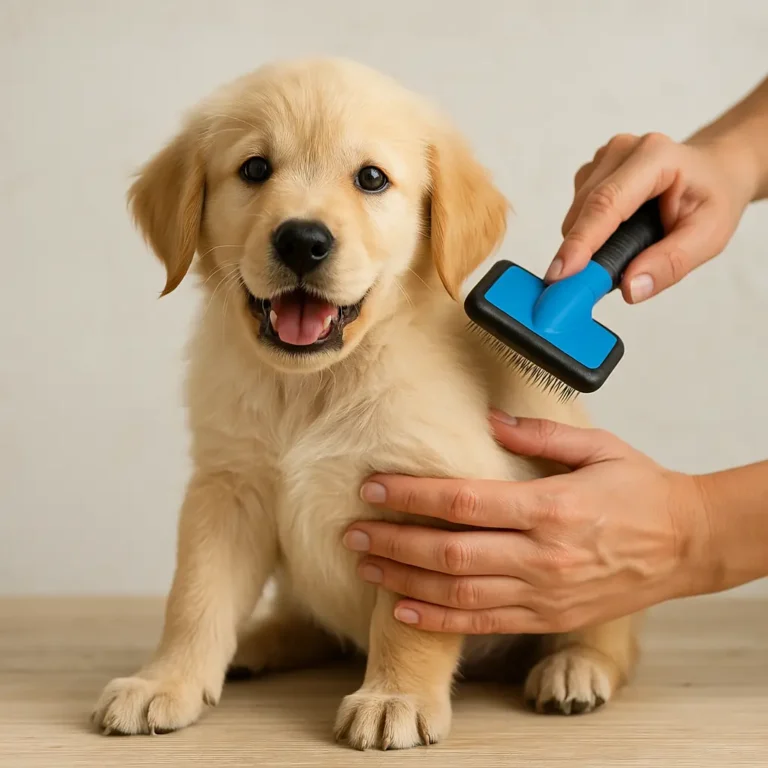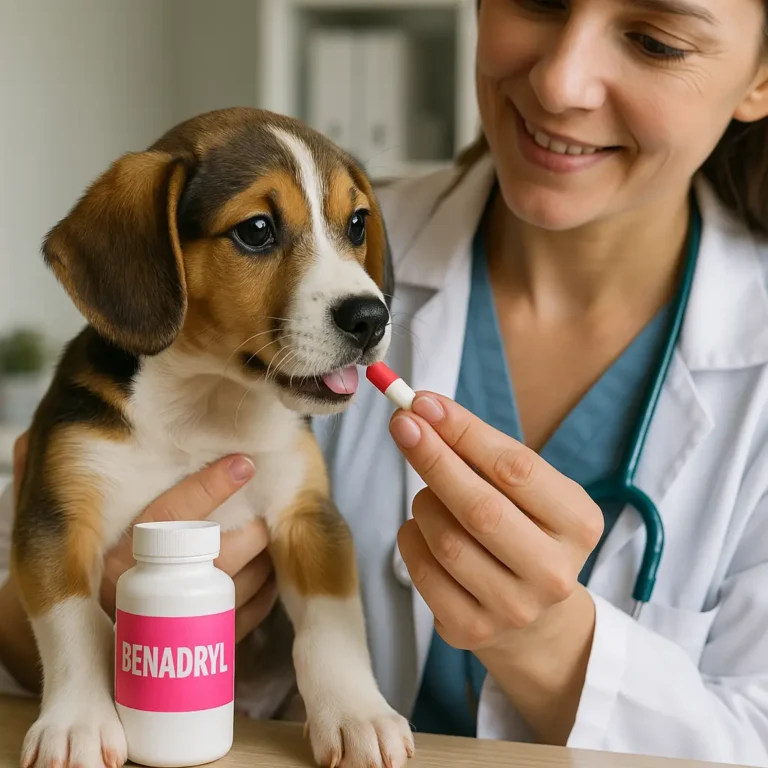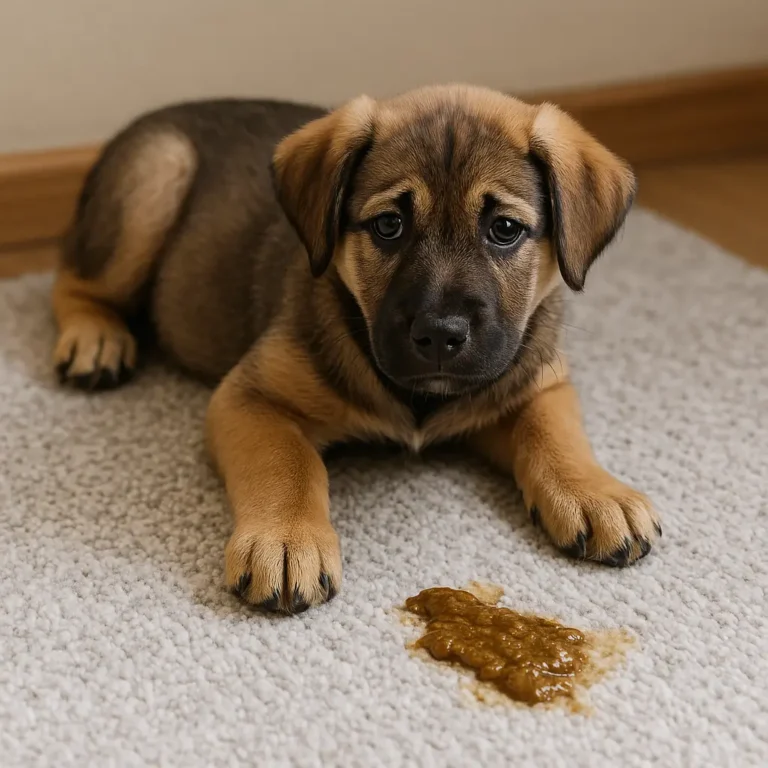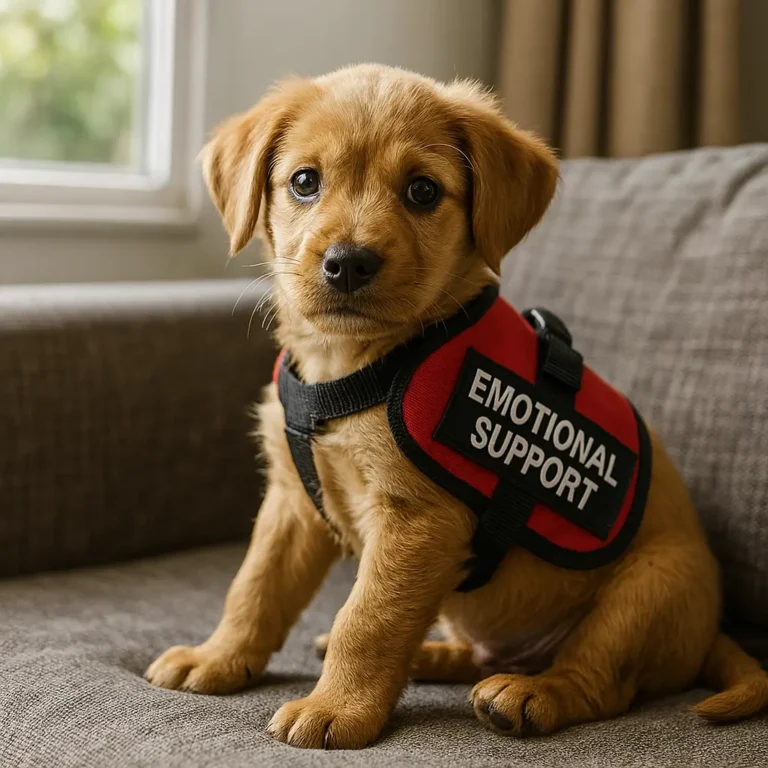If your dog has a persistent, honking cough, it could be kennel cough—a highly contagious respiratory condition that spreads quickly between dogs. But don’t panic! While it sounds alarming, kennel cough in dogs is often mild and treatable. This guide breaks down everything you need to know: what is kennel cough, how it spreads, symptoms to watch for, treatment options, and whether it’s contagious to humans. You’ll also learn if your pup needs the kennel cough vaccine. Whether you’re a new pet parent or experienced owner, this article will help you protect your dog’s health with confidence.
🌬️ How Does Kennel Cough in Dogs Spread? The Hidden Ways It Travels
Kennel cough in dogs spreads just like the common cold in humans—through the air, contact, or shared surfaces. The primary culprits? Viruses and bacteria, especially Bordetella bronchiseptica, often paired with canine parainfluenza.
Dogs can catch kennel cough when:
-
Playing with infected dogs
-
Sharing water bowls or toys
-
Breathing in airborne particles from sneezes or coughs
-
Being in enclosed spaces with poor ventilation (like kennels or shelters)
That's why kennel cough for dogs is common in boarding facilities, dog parks, grooming salons, and vet clinics—places where dogs interact in close quarters.
The incubation period is usually 3–10 days, meaning your dog could appear fine while still spreading the illness. Some dogs may carry the bacteria without showing any kennel cough symptoms but still infect others.
To prevent spread:
-
Avoid crowded dog areas if there's an outbreak
-
Wash bowls and toys regularly
-
Ensure proper ventilation indoors
-
Ask your vet about the kennel cough vaccine, especially before boarding
Understanding how dog kennel cough spreads is the first step in protecting your pup and other pets in your community.
🐾 What Are the Symptoms of Kennel Cough? 6 Signs to Watch For
Kennel cough symptoms in dogs can vary depending on the severity of the infection, but the most common sign is a dry, hacking, or honking cough that sounds like your dog is “clearing their throat.”
Here’s what else to watch for:
-
Persistent, dry cough – Especially after excitement or exercise
-
Gagging or retching – As if trying to bring something up
-
Sneezing or nasal discharge – Mild cold-like symptoms
-
Lethargy – Reduced energy and interest in play
-
Mild fever – Not always present, but possible
-
Loss of appetite – In more serious cases
Most cases of kennel.cough are mild and dogs recover in 1–3 weeks with rest and supportive care. However, puppies, seniors, or immunocompromised dogs may experience more severe symptoms.
If your dog is coughing persistently and has been around other dogs, don’t ignore it. Contact your vet for a diagnosis.
Severe symptoms—like labored breathing, green nasal discharge, or high fever—may indicate pneumonia, which requires immediate attention.
Early detection of kennel cough symptoms can lead to quicker recovery and prevent the infection from spreading.
Some dog breeds are more susceptible to kennel cough due to their respiratory anatomy or immune system sensitivity.
Breeds at higher risk include:
Pugs
Bulldogs
Boston Terriers
Boxers
Shih Tzus
These brachycephalic (flat-faced) breeds have narrower airways, making it harder to breathe and easier for bacteria to settle in their throats and lungs.
Young puppies, senior dogs, and dogs with pre-existing respiratory issues also face increased risk of complications from kennel cough in dogs.
If you own one of these breeds, be proactive with vaccination, avoid high-risk areas, and monitor for early kennel cough symptoms.
💊 How Is Kennel Cough in Dogs Treated? Home & Vet Solutions
Treatment for kennel cough in dogs depends on the severity of the case. Mild cases often resolve on their own with rest, hydration, and home care.
For mild symptoms:
-
Rest – Minimize exercise to help healing
-
Use a humidifier – Moist air soothes the throat
-
Avoid collar pressure – Switch to a harness
-
Honey (in moderation) – Can ease coughing in adult dogs
When to see a vet:
-
Symptoms persist beyond 10 days
-
Your dog develops lethargy, fever, or breathing difficulty
-
Cough worsens instead of improving
Veterinary treatment may include:
-
Cough suppressants – To reduce throat irritation
-
Antibiotics – Only if a secondary bacterial infection is present
-
Anti-inflammatories – To ease discomfort
Most dogs recover in 7–21 days with proper care.
Avoid contact with other dogs during recovery to prevent spreading kennel cough.
If you’re unsure what is kennel cough in dogs versus a regular cough, always err on the side of caution—early treatment makes a big difference.
Grooming Tips
🧍♂️ Is Kennel Cough Contagious to Humans? The Surprising Truth
One of the most common concerns among pet parents is: is kennel cough contagious to humans?
The short answer? Rarely—but it’s possible.
In general, healthy adults with strong immune systems are not at risk. However, the main bacterial culprit—Bordetella bronchiseptica—is part of the same family as Bordetella pertussis, which causes whooping cough in humans.
Cases of human infection from dog kennel cough are extremely rare and typically occur in:
-
People with weakened immune systems
-
Young children
-
The elderly
-
Individuals with respiratory diseases
Transmission usually happens through direct contact with infected dogs or contaminated surfaces, but the risk remains minimal.
To stay safe:
-
Wash hands after handling a coughing dog
-
Keep sick dogs away from vulnerable family members
-
Disinfect shared spaces and dog gear
If you’re experiencing a cough and your dog was recently diagnosed with kennel cough, it’s best to consult your doctor—especially if you're immunocompromised.
In summary, while kennel cough in dogs is highly contagious between pets, it poses little to no threat to healthy humans. Still, good hygiene and caution go a long way in preventing cross-species transmission.
Health Tips
💉 Should I Vaccinate My Dog Against Kennel Cough?
If your dog visits boarding facilities, groomers, or dog parks, the answer is yes—you should strongly consider the kennel cough vaccine.
The vaccine is often called the Bordetella vaccine, and it's available in three forms:
-
Injection
-
Nasal spray
-
Oral liquid
Your vet will recommend the best method based on your dog’s age, health, and lifestyle.
The vaccine doesn’t guarantee full protection, but it significantly reduces the severity and duration of kennel cough symptoms if your dog gets infected.
Who needs it most?
-
Puppies and senior dogs
-
Dogs who attend daycare or group training
-
Show dogs and travel companions
Puppies typically receive the vaccine at 8 weeks old, with boosters every 6–12 months depending on risk level.
Some groomers and boarding facilities require proof of kennel cough for dogs vaccination.
While not considered a “core” vaccine like rabies or distemper, it’s highly recommended for social dogs.
Talk to your vet to assess your dog’s exposure level. If you’ve ever asked what is kennel cough, the vaccine is your first line of defense.
FAQ
Can dogs get kennel cough more than once?
How long does kennel cough last?
Is kennel cough dangerous for puppies?
What does kennel cough sound like?
Can vaccinated dogs still get kennel cough?
Is kennel cough airborne?
Can kennel cough turn into pneumonia?
How can I prevent kennel cough at home?
Life Tips
Stay Ahead of Kennel Cough with Smart Prevention
Kennel cough may sound scary, but with early detection and proper care, most dogs recover quickly and without complications. Whether you're learning what is kennel cough, identifying symptoms, or exploring vaccine options, knowledge is your best defense. Understanding how kennel cough in dogs spreads—and who’s at risk—helps you take action before it escalates. And if your dog does get sick, rest, vet guidance, and isolation are key to recovery. From high-risk breeds to contagious concerns, this guide has you covered. With love, care, and a little prevention, your pup can breathe easier—literally. Reveal your furry alter ego with our 'What Dog Are You Quiz'!


